Settlement Agreement / Alternate Dispute Resolutions


Most disputes end in reconciliation or compromise, rather than a court decision. Disputes can be settled through simple negotiations or through the various forms of Alternate Dispute Resolutions (see below).
A settlement agreement is a legally binding agreement between two parties to settle a dispute. One party will usually pay the other party a settlement payment in return for the other party to waive any claims in court. The parties are usually required to keep the terms of the contract confidential, such as the settlement amount and the circumstances surrounding the dispute. It is also common to include clauses that prohibit either party from making any derogatory comments about the other.
In addition to settling disputes under civil litigations, settlement agreements are also commonly used in the employment context to resolve employees' claims against employers. An employee or worker may agree to waive / not to make a claim against an employer in court or the labour tribunal in return for a severance payment.
The agreement to waive all actual and potential statutory (usually common law) claims should be set out in a written settlement agreement that will be tailored to specific employees and their personal circumstances. They must include a waiver of specific claims that the employee has or may have in the future. There are certain statutory requirements that a settlement agreement for employment must meet in order to be valid. Therefore care should be taken when drafting such an agreement and consult your local employment lawyer if necessary.
Instead of going through the long, drawn-out, and costly legal process. Parties may also consider the following Alternate Dispute Resolution method. Arbitration is the default for cross-border agreements created on DocPro between parties from New York Convention countries.
Disputes in the first instance are to be discussed between the chairmen or chief executives of the Parties in an attempt to resolve the dispute by negotiation. The advantage of including an express provision in the Agreement avoids the disputes becoming deadlocked at the lower level. A common negotiation clause allows seven days for such discussions, but the parties will always be free to extend this period in respect of any dispute.
For more technical issues, the Agreement can provide for disputes to be referred to a panel of experts. This is usually a panel of three or five, each party nominating a Member (and an Alternative if five), and the parties agreeing on the appointment of the President. Alternate appointments can be made by the International Centre for Expertise of the International Chamber of Commerce (a different appointing body may well be more suitable depending on your location). Ideally, the Panel should be identified prior to the signature of the Agreement, and the names included in an appendix to the contract. It is essential that the Panel is in place in the event a dispute arises.
The parties are always free to agree to proceed to mediation at any time but the advantage of including an express provision is that it requires the parties to attempt such procedures before embarking on a full-blown arbitration/litigation at great cost and commitment of management time. The parties shall agree on a suitable procedure, and in default of agreement, such procedures are to be established by the mutual adviser appointed by agreement, or in default of agreement by a suitable appointing body. One may wish to specify the procedure in the Agreement or to incorporate standard procedures such as the conciliation procedure published by the ICE or the ICC.
The final tier of alternate dispute resolution is arbitration as opposed to litigation. The obvious advantage of arbitration is that it avoids recourse to the courts of any one jurisdiction which may have a less developed legal system but rather can provide a "neutral" venue and forum for the resolution of disputes between parties from different countries. Prior to deciding on the venue of arbitration, one should check whether an international convention (e.g. New York convention) is in place providing for the recognition and enforcement of international awards.

12 Jul 2023
5 min read

13 Nov 2022
6 min read

3 Jan 2022
5 min read

28 May 2021
5 min read

12 Mar 2021
5 min read

29 Jan 2021
6 min read

15 Jan 2021
6 min read
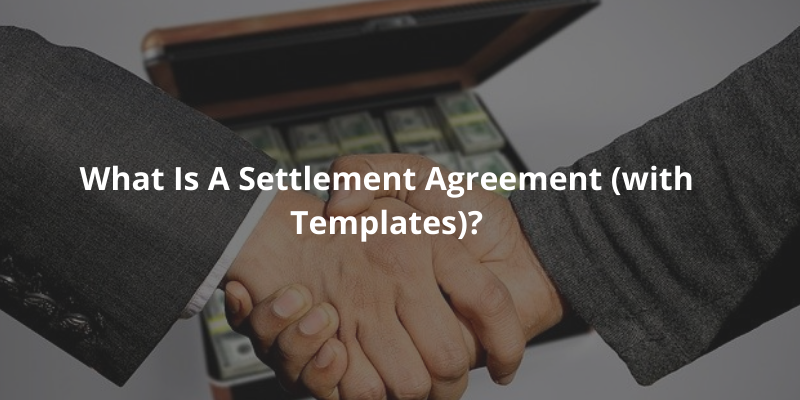
27 Nov 2020
7 min read

28 Sep 2020
8 min read
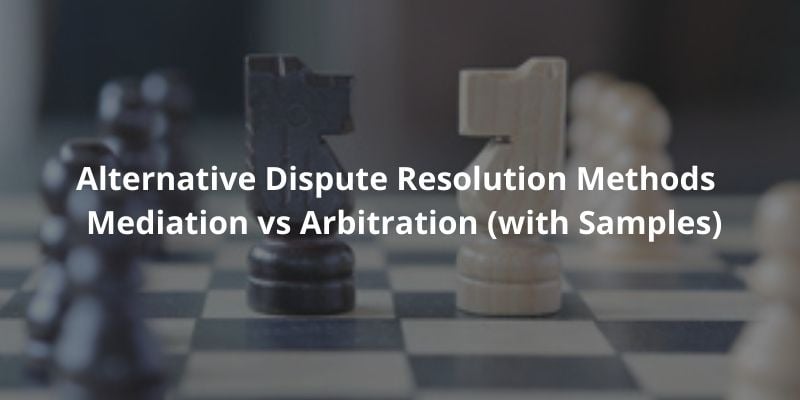
2 Jun 2020
11 min read
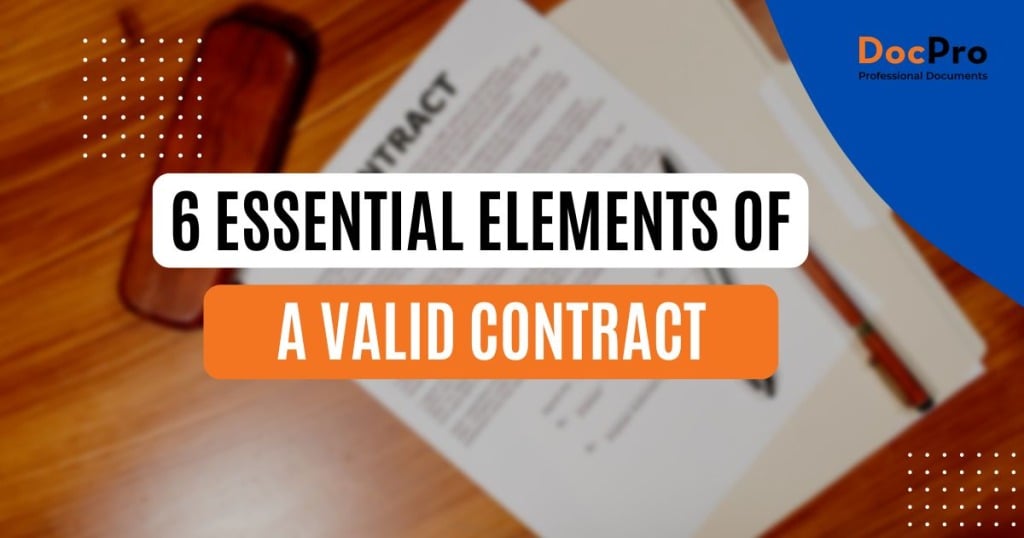
10 Dec 2019
8 min read



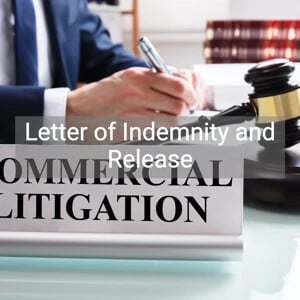

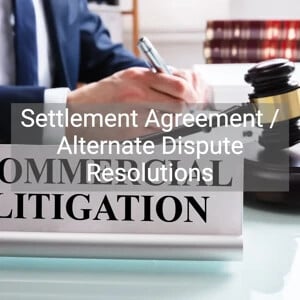
Not the right document?
Don’t worry, we have thousands of documents for you to choose from: